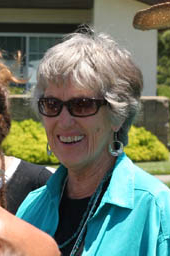A Quote by Dalai Lama
I really feel that some people neglect and overlook compassion because they associate it with religion. Of course, everyone is free to choose whether they pay religion any regard, but to neglect compassion is a mistake because it is the source of our own well-being.
Related Quotes
Compassion is not a popular virtue. Very often when I talk to religious people, and mention how important it is that compassion is the key, that it's the sine-qua-non of religion, people look kind of balked, and stubborn sometimes, as much to say, what's the point of having religion if you can't disapprove of other people?
We can reject everything else: religion, ideology, all received wisdom. But we cannot escape the necessity of love and compassion. This, then, is my true religion, my simple faith. In this sense, there is no need for temple or church, for mosque or synagogue, no need for complicated philosophy, doctrine, or dogma. Our own heart, our own mind, is the temple. The doctrine is compassion. Love for others and respect for their rights and dignity, no matter who or what they are: ultimately these are all we need.
Sometimes people feel disappointed when they hear about practicing compassion: "You mean I have to be nice?" It's kind of a letdown. We often overlook compassion, seeing it as merely a pit stop on the way to more advanced practices. We want something more; we don't even know what. But that's just a trick of our mind. One of the greatest teachings is to practice compassion.
For an act to be moral the intention must be based on compassion, not duty. We do something because we want to do it, because we feel we have to do it, not because we ought to do it. And even if our efforts fail - or we never even get to implement them - we are still moral because our motivation was based on compassion.
Some people automatically associate morality and altruism with a religious vision of the world. But I believe it is a mistake to think that morality is an attribute only of religion. We can imagine two types of spirituality: one tied to religion, while the other arises spontaneously in the human heart as an expression of love for our neighbors and a desire to do them good.

































